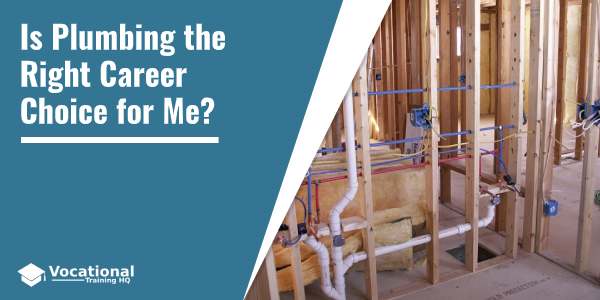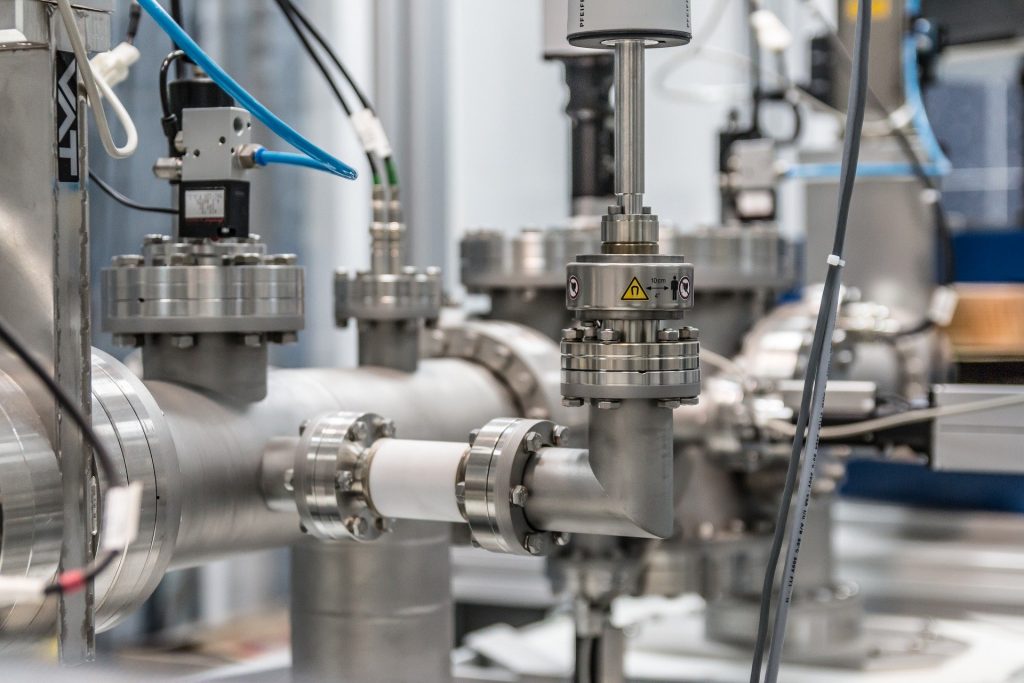In order to be able to answer the title question you first need to know what this profession entails.
Article Table of Contents
Plumbing Career Information
Becoming a plumber is not something you can do overnight and, depending on the path you choose and the requirements set by the state where you want to practice, this journey can take up to more than five years.
You will need to work several years under the supervision of an experienced worker before being ready to work alone as a journeyman plumber.
In this article, we will write a detailed description of the career path a prospective journeyman plumber has to take.
As a journeyman plumber, you will work with water and drainage systems in residential or commercial settings.
Your typical workday will include installing and maintaining fixtures and appliances in kitchens and bathrooms as well as maintaining sewage disposal and gas lines.
The Bureau of Labor Statistics reports a higher-than-average rate of injuries for plumbers.
To avoid burns or cuts, plumbers have to work carefully and take precautions.
Plumbers may work during evenings and weekends and they are sometimes on-call to respond to emergencies.
The United States Bureau of Labor Statistics reports that the median annual wage for plumbers, pipefitters, and steamfitters was $55,160 as of May 2019.
As a plumber, you will need troubleshooting and mechanical skills, as well as customer service skills, and experience with handling tools such as pipe and tube cutters, drain and pipe cleaning equipment, pressure gasses, and wrenches.
If you want to become a plumber, you will need to complete some postsecondary training at a trade school or an apprenticeship program.
Most states also require plumbers to hold a license.
You may also have to estimate costs, compile business data, and use computer-aided design software.
Steps Towards a Journeyman Plumber Career
In the following sections, we will explain the steps that you have to take if you want to become a plumber.
Step 1: Enroll in an Apprenticeship Program
Most plumbers learn the ins-and-outs of this profession through an apprenticeship program or a training program at a trade school or community college, according to the Bureau of Labor Statistics.
Post-secondary programs in this field cover courses in areas such as domestic plumbing, construction materials, blueprint reading, cost estimating, and codes and regulations that govern this profession.
However, the usual path towards a journeyman plumber career usually includes an apprenticeship program.
Many of these programs are sponsored by unions or private businesses and thus apprentices can be remunerated during their training period.
To qualify for an apprenticeship program you usually need a high school diploma or a GED and you must pass a math test and a drug screening.
The apprenticeship program typically lasts between 4-5 years and after graduation, you are ready to take the licensing test and become a journeyman plumber.
Apprenticeship programs, such as the one offered by the United Association of Journeyman (UA), include classroom hours and paid on-the-job training hours.
Apprentices take general classes in welding, pipefitting, and science before choosing the specific plumbing training path.
As a plumber, you also have to be familiar with computer concepts and different computer software.
Step 2: Earning a License
After completing the training program, you have to earn a license before being allowed to start working independently as a plumber.
Although requirements vary by state, you will usually need between 2-5 years of experience and a passing score at the licensing exam.
Step 3: Complete Continuing Education Classes
Most states require that journeyman plumber complete continuing education programs in order to maintain their license.
In some states, you are required to renew your license once every 12 months while others require plumbers to renew their license once every three years.
You can practice at the journeyman level for your entire career but if you want to take on a supervisory position you will need a Master Plumber status.
Step 4: Becoming a Master Plumbers
A Master Plumber designation will qualify you for supervisory positions and for additional services, such as designing and planning plumbing systems.
To qualify for this position you will need around two years of experience at the journeyman status and a passing score on an exam.
Exact requirements vary by state so, if this is the career path that you want to take, it’s best to do some research.
Read the full guide: How to Become a Plumber


